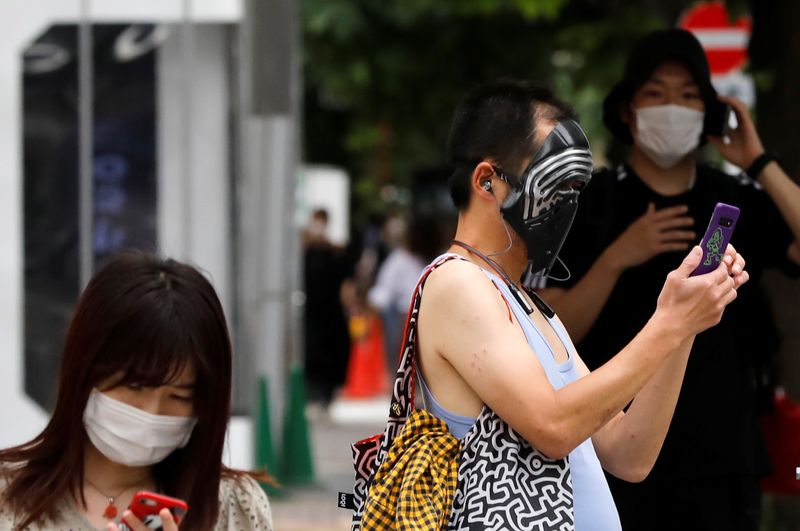(Reuters) -KDDI Corp shares fell as much as 3.9% on Monday after a weekend outage, the biggest system failure in the history of Japan's No.2 wireless carrier, which affected almost 40 million users nationwide.
In a statement issued at 9:00 a.m. local time (0000 GMT) on Monday KDDI (OTC:KDDIF) said data transmission had been broadly restored, but users might still experience difficulty in making voice calls due to service restrictions.
The disruption, which began in the early hours of Saturday morning, was caused by an equipment malfunction and affected services ranging from weather data to parcel delivery and banking.
The outage at a pillar of Japan's corporate establishment is the latest sign of strain on infrastructure in the world's third-biggest economy, after its power grid creaked during a heatwave last weak, though blackouts were narrowly avoided.
The KDDI disruption came just days before an election to the upper house of Japan's parliament. Prime Minister Fumio Kishida is promoting digital infrastructure as part of his "new capitalism" agenda to invigorate the economy.
By the midday break in Tokyo trading KDDI shares had regained some lost ground, but were still down 1.8%, compared with a 0.6% gain in the benchmark Nikkei 225 index.
"We take this issue very seriously and expect KDDI to explain in detail what happened to those who were affected," Deputy Chief Cabinet Secretary Seiji Kihara told reporters on Monday.
"Many couldn't use mobile phone service - important infrastructure for daily life and the global economy - for a long time, and we find that very disappointing," the government spokesperson said.
"We deeply regret this as a telecommunications carrier in a position to support critical infrastructure and provide stable services," KDDI President Makoto Takahashi said on Sunday.
Japan's government will take necessary measures after receiving an official report from KDDI, Yasushi Kaneko, minister for internal affairs and communications, said on Sunday.
Regulators took a role in overseeing computer systems at the retail banking arm of the country's third-largest lender, Mizuho Financial Group, after a string of ATM outages.
"The main risk is that more outages are possible because network complexity is difficult to manage," said Redex Research analyst Kirk Boodry, who publishes on the Smartkarma platform.

Japan's three big telcos have all had widespread network failures in recent years.
NTT Docomo (OTC:DCMYY)'s outage last October affected 12.9 customers, while disruption to SoftBank Corp's network in late 2018 cast a shadow over its bumper public listing.